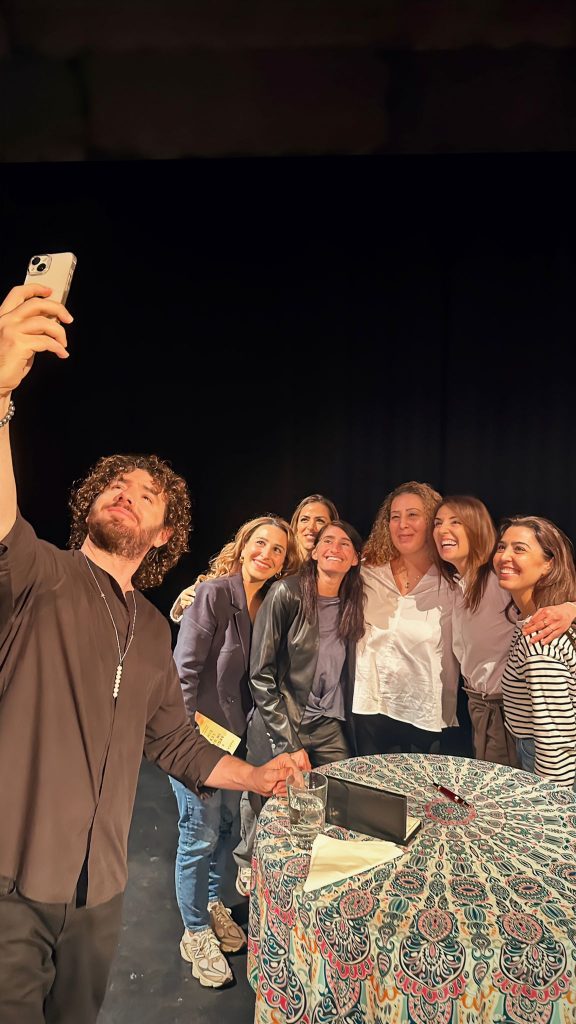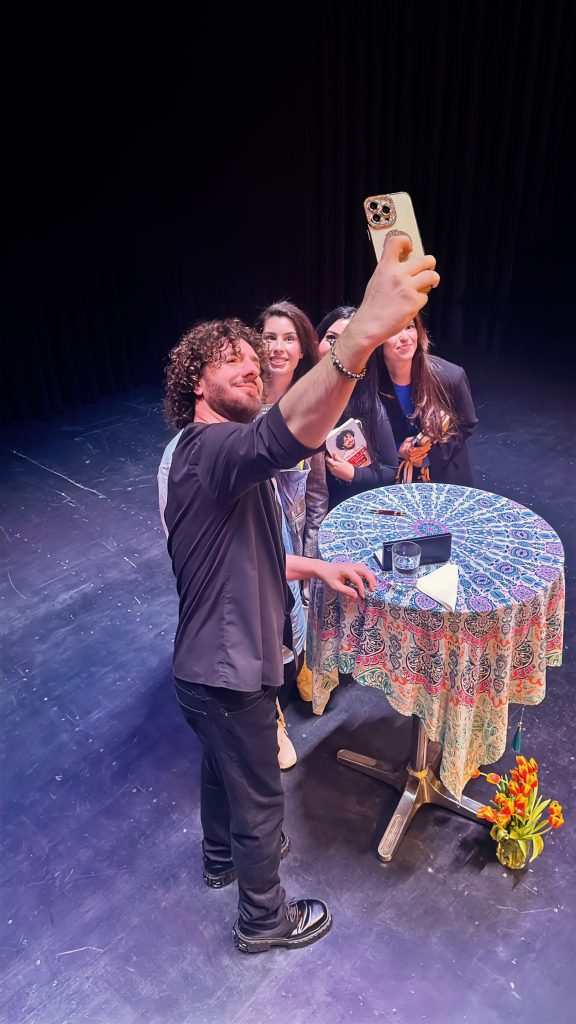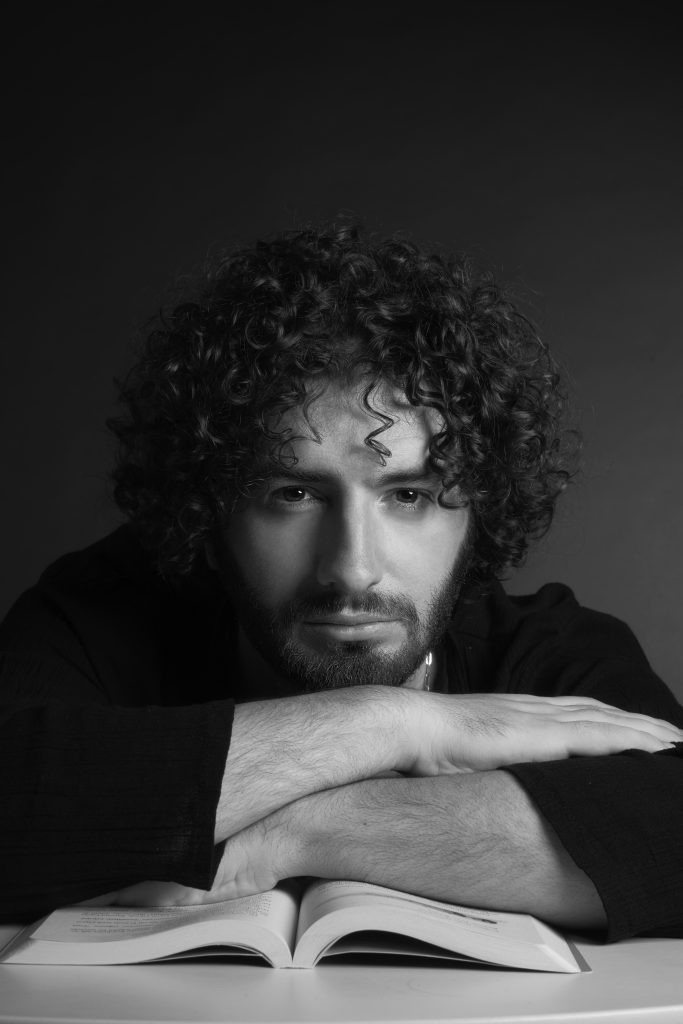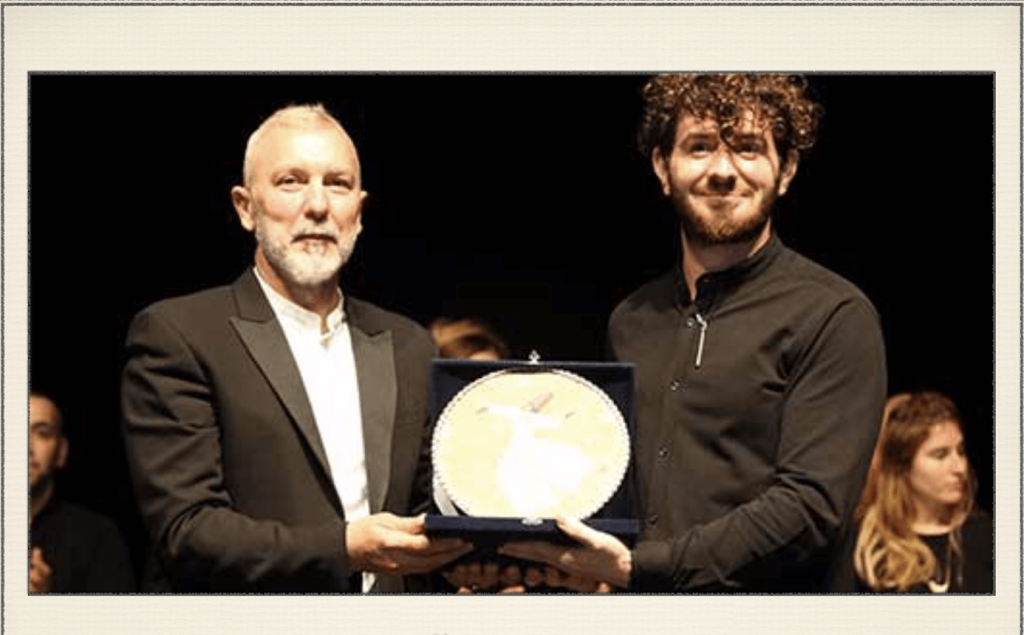Since 2010, I have occasionally shared insights in my writings about the subconscious processes that influence our decisions, often without our awareness. In this context, this article will examine the impact of physical attractiveness and persuasion on our decisions. My goal is for you to make more informed decisions after reading this article and not to be misled by physical attractiveness.
HOW DOES THE PERCEPTION OF PHYSICAL ATTRACTIVENESS AFFECT BEHAVIOR?
Physical attractiveness is a significant factor that people consider when evaluating someone. Research indicates that individuals exhibit a more positive attitude towards physically attractive people and are more inclined to believe what they say.
Numerous studies in the field of business have shown that physically attractive individuals tend to be more successful. For instance, a physically attractive waiter in a restaurant may receive more tips. It has also been observed that attractive individuals receive more positive responses in job interviews and are perceived as more skilled and qualified by employers.
In social and personal relationships, physical attractiveness can also be influential. One study revealed that an attractive person joining a group received more attention and was more readily accepted. Additionally, physically attractive individuals have been observed to be more popular, have more friends, and attract more attention in social settings.
However, physical attractiveness alone is not sufficient, and the influence of other factors should also be considered. For instance, factors such as trustworthiness, authority, and the content of the speech can also be effective in persuasion and belief.
THE IMPACT OF PHYSICAL ATTRACTIVENESS ON TRUST, INTERACTION, AND BELIEF
This situation is supported by various studies demonstrating the significant impact of physical attractiveness on people’s perceptions and social interactions. The influence of physical attractiveness on trust, interaction, and belief can be explained as follows:
Halo Effect: The tendency of people to trust and believe in physically attractive individuals can be associated with a psychological phenomenon known as the “halo effect.” According to this effect, people attribute more positive qualities to someone they find attractive and tend to believe that this person is more honest, intelligent, and trustworthy. Example: In job interviews, employers have been observed to evaluate attractive candidates as more skilled and successful.
First Impression: Physical attractiveness plays a crucial role in the quick and automatic evaluations people make about each other. Attractive individuals are generally perceived as more trustworthy and positively evaluated. Example: In politics, it has been found that voters trust physically attractive candidates more and believe more in their policies.
Social Success: Physical attractiveness is associated with social success and popularity. People trust and believe more in the words of individuals who are accepted and liked by others due to their attractiveness.
However, these tendencies are generalizations and may not apply in every situation.
PEOPLE TRUST PHYSICALLY ATTRACTIVE INDIVIDUALS MORE AND BELIEVE IN THEIR WORDS MORE
Research shows that people tend to trust physically attractive individuals more and believe in their words more. This demonstrates how the perception of attractiveness can influence people’s perceptions, judgments, and behaviors.
For example, physically attractive individuals may be perceived as more qualified and skilled in the eyes of employers. Therefore, employers may trust these individuals more and believe in what they say. This situation can help attractive individuals achieve more success in the professional world.
It has also been observed that physically attractive individuals attract more attention during presentations and receive more interest from the audience. This may be due to the audience’s more positive attitude towards attractive individuals.
Moreover, attractive individuals have been observed to be more successful in their social interactions with others. For instance, it has been found that an attractive person receives more help and sympathy in an encounter.
FINAL WORDS Although physical attractiveness has a significant impact on persuasion, making decisions based solely on physical attractiveness is undoubtedly misleading. You should pay attention to whether the ideas advocated by a person are logical and realistic, rather than their appearance. You should not allow physical attractiveness to influence you.
Your decisions should be made objectively and logically. It is crucial to make decisions after a detailed analysis, without succumbing to emotional reactions. Remember that your decisions can shape your life in the long run, so it is important to make them consciously.
For those who want to learn more about the topic, here are some recommended resources and books:
The books listed below can help you gain more insight into the impact of physical attractiveness on people’s perceptions. Each book explores the relationship between attractiveness, beauty, and human behavior from different perspectives.
“Beauty Pays: Why Attractive People Are More Successful” – Daniel S. Hamermesh This book is based on research that examines how attractive people are more successful in the business world and social life, addressing the impact of physical attractiveness on people’s successes and perceptions.
“Survival of the Prettiest: The Science of Beauty” – Nancy Etcoff
Nancy Etcoff explores the evolutionary and biological foundations of beauty and attractiveness in this book, examining how these concepts reflect in social interactions among people.
“The Halo Effect: … and the Eight Other Business Delusions That Deceive Managers” – Phil Rosenzweig This book discusses common misconceptions that managers often fall into in the business world, including the Halo Effect, examining physical attractiveness, success, and perception in the context of business.
“Influence: The Psychology of Persuasion” – Robert B. Cialdini This book explains the psychological principles underlying persuasion and influence processes, touching upon the role of physical attractiveness in persuading people.
“The Social Animal” – Elliot Aronson While explaining fundamental concepts and theories in social psychology, this book also addresses the impact of physical attractiveness on people’s social interactions and perceptions.






















